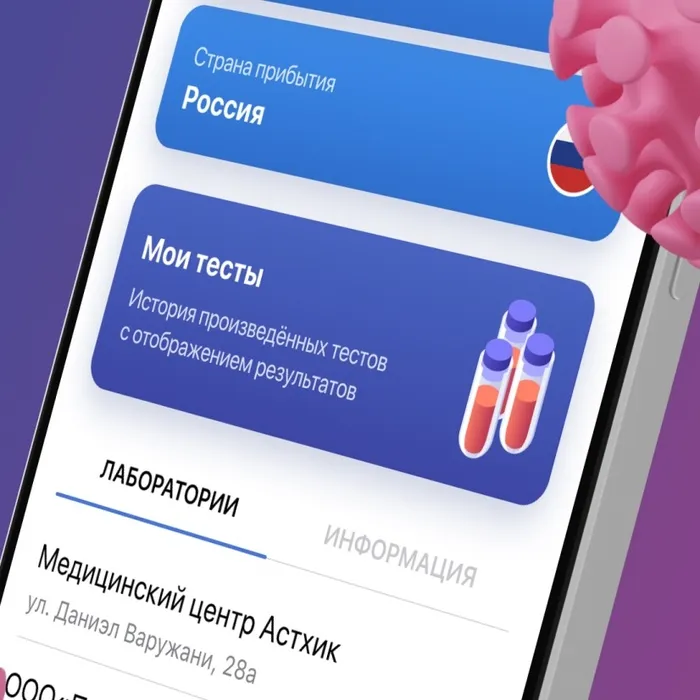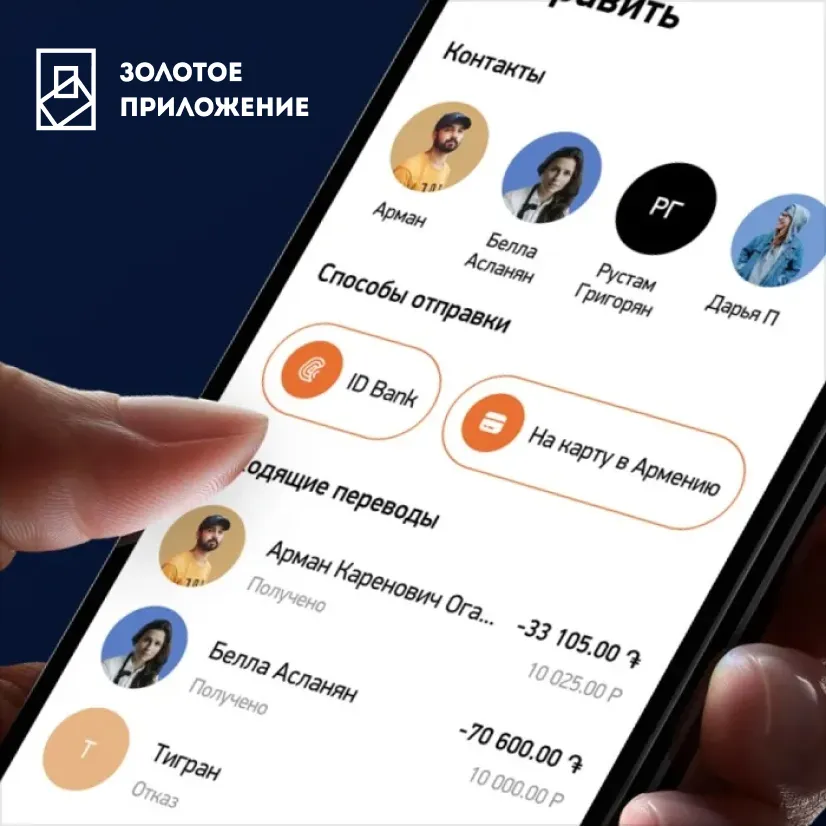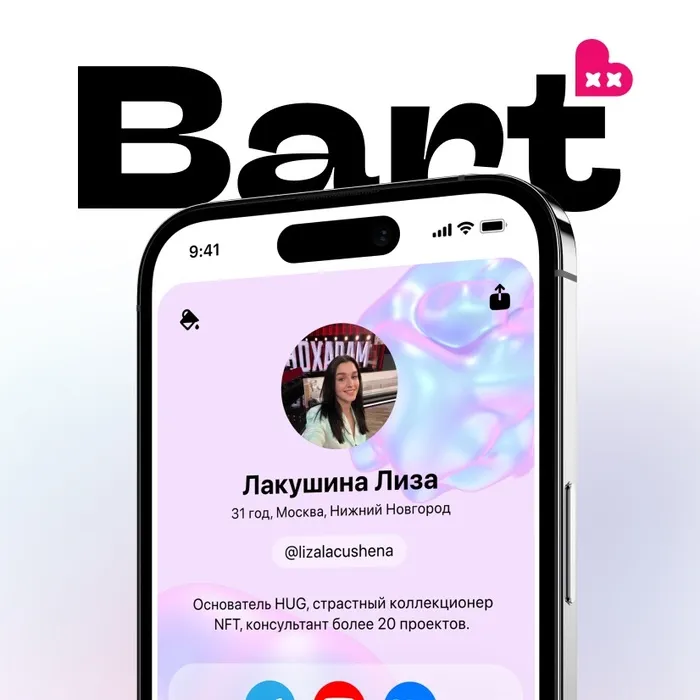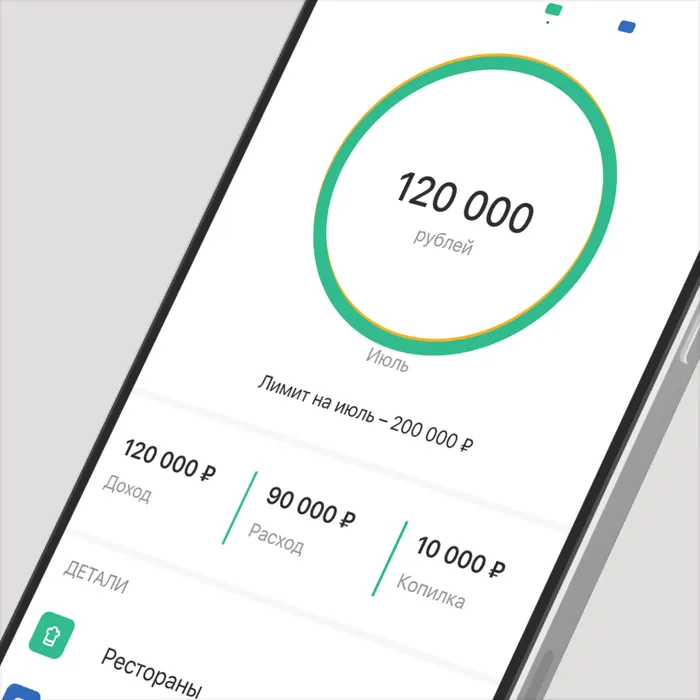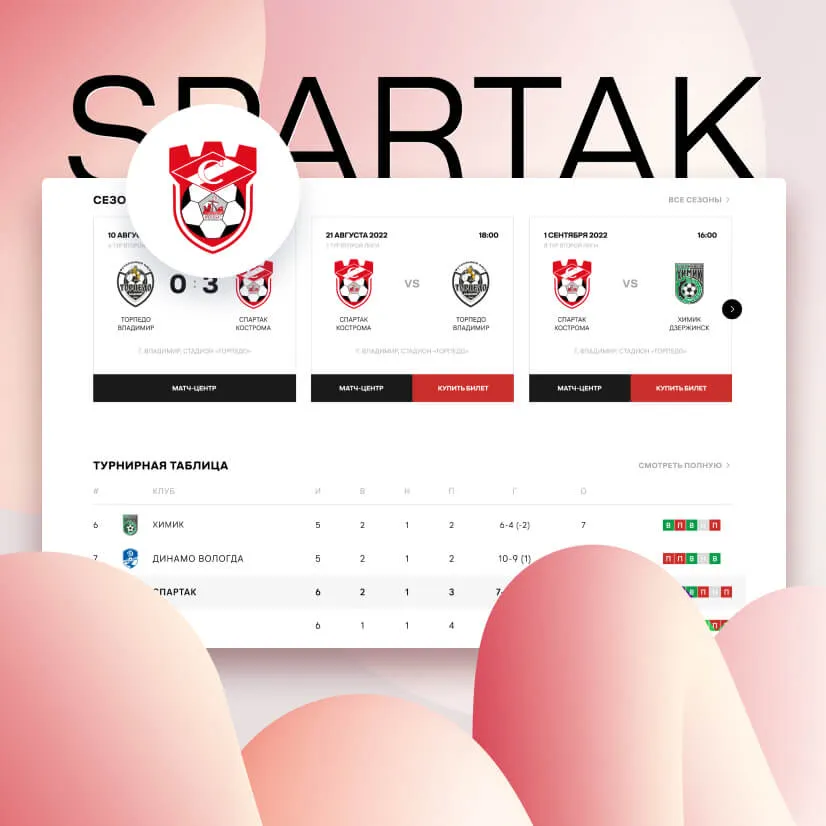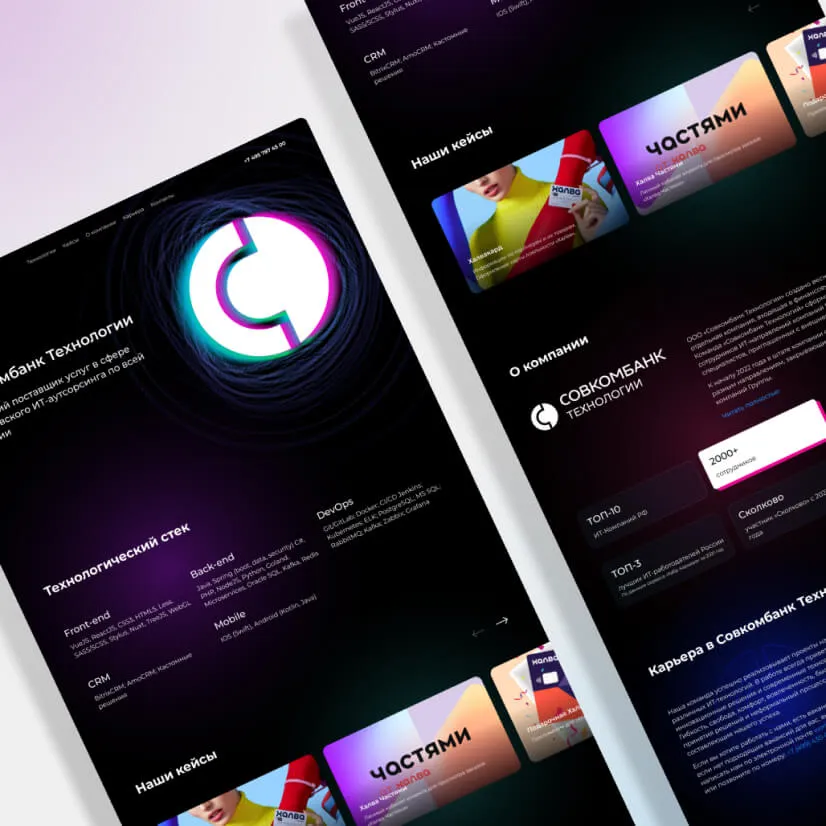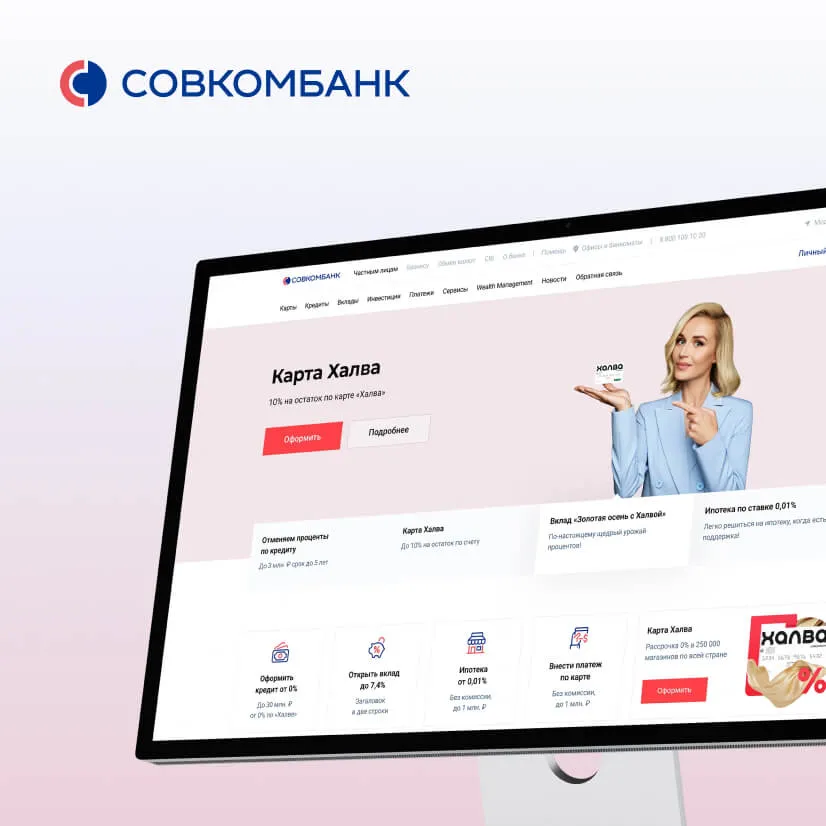
Border closure in countries around the world was painful for their economies. For example, the flow of labour migrants to Russia was reduced on 70% in 2020: only 5.8 million of foreigners came to the country. People were losing jobs and companies were losing employees.
While crossing the borders, citizens had to show the PCR test that needed to be checked for authenticity to fully warrant safety and to avoid provoking the new wave of the disease in the future.
The Eurasian Development Bank and its Fund of Digital Initiatives suggested developing the solution that would help labour migrants from EAEC countries to move between countries and to officially prove that they are healthy in few clicks. Governments would digitize the data, store and exchange the information for identification of migrants.

Development of the app became a real challenge for us: that was a socially significant project able to make lives of millions of citizens easier. But it must be implemented in the shortest term, for 3 months. We could not refuse from making it.
We needed to develop a mechanism that would work in the same way in nine countries: Azerbaijan, Armenia, Belarus, Kazakhstan, Kirgizia, Moldova, Russia, Tajikistan, and Uzbekistan. Each country already had its own solution of how to collect and to store the PCR test data and also had its own QR codes.
Initially, we were going to make our components of the system for all countries, to deploy them on our servers and collect the data from linked labs. We were not able to implement the idea with everyone: some governments already kept the results of all tests in their centralized databases, they did not want to create new ones and suggested using what they had.
For such cases, we worked individually with each ministry of healthcare, and created innovative solutions that had not existed before. The level of the IT industry in each country is different: some authorities nicely surprised us with their speed and expertise, but we had to help others more. Third ones were not able to let us into domestic systems and we wrote manuals for product integration for them to follow. We also need to dwell upon the massive involvement of our customer who took part in all stages of the project, held negotiations with authorities, and acted as a warrantor.

The app “lives” in the decentralized system: this is another advantage of the solution: in case of a failure in one component others will continue working and the app won’t freeze. Otherwise, if the app became unavailable for just an hour, users would have issues with the arrival.
We presented this project to representatives of each country that takes part in it: we were telling about the idea of the project, the principle of operation, and its benefits. But in almost every case, we faced suspicion from law enforcement structures. They thought that we would collect the personal data of users and transfer them to Russia.
We solved the issue using the technology for local storage of the remaining personal information about the user. The sense of the technology: the user scans the ID document → the app cuts down photos from it and takes the other data in a disguised form → it saves all data locally in the smartphone. At any moment the user can delete the data about the document, it will not be transferred anywhere. Then, during the arrival, the Russian inspector can use the remaining data to confirm that the test results belong to the specific user.
During arrival to the country, citizens can show different ID documents: a domestic passport, a foreign passport, an ID card, a birth certificate, and other children’s documents. The solution was needed that helped the app to read any type of ID document.
To identify the data in the app, we used the ready-made solution from Smart Engines services - we had worked with the service before and knew the quality of work and its features.

During the process it became clear that some types of documents must be added, so we contacted Smart Engines creators and decided on adding new forms of documents for scanning.
The unobvious but real issue for app developers: not everyone has a smartphone. We needed to urgently find the solution that a child, an elderly person, or a person with a dumbphone or without any phone at all would be able to show the information about the PCR test. For these situations, we added the option to upload the data of several citizens at once in a single smartphone.


From the very beginning we were going to make the app that everyone could use. We wanted to make scanning of the document and filling in the PCR test data as quick and easy as possible. We were able to achieve that and so this is how the user path looks like as a result:
Results of our works were noted by the Russian President Vladimir Putin. On December 10, during the meeting of the Supreme Eurasian Economic Council, he said:
Implementation of another partnership project in the area of innovations and IT technologies helps to restore mobility of the population in the situation of the pandemic - I mean the smartphone mobile app COVID-19 Free Travel
Right now, when COVID-19 restrictions are lifted or loosened in many countries, the app is not as popular as in 2020-2021. In 2022, 9 countries use it. But we continue supporting it: it is difficult to predict waves of the pandemic and we cannot be sure that the app will not become relevant again.
Moreover, we work on a solution that will help to monetize the app. It will remain free for users. We are making separate software for labs that will help to register the number of tests and to pay for them in a transparent manner.
Write to us if you want to implement a complex, comprehensive IT project. We are ready to undertake all stages of the project: to invent, to develop, to launch and to support it 💛

